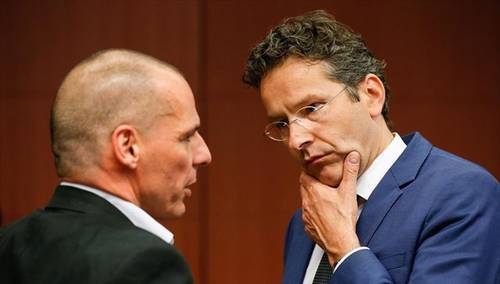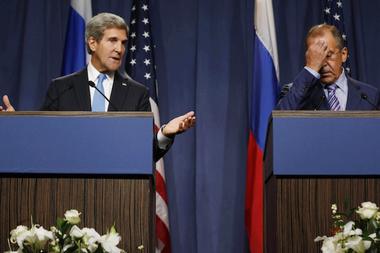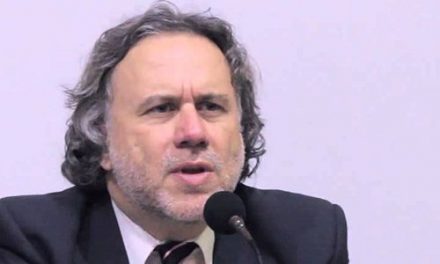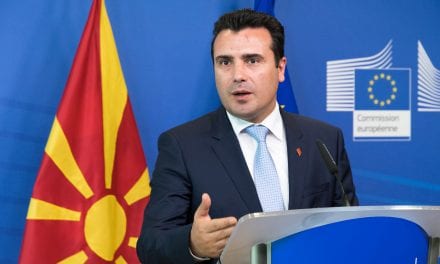Rainer Buergin & Corina Ruhe, Bloomberg
Euro-area finance ministers welcomed the progress Greece has made on meeting the terms of its bailout program while demanding more work before funds can be released, according to two officials.
Finance chiefs meeting in Brussels on Monday will issue a statement to endorse Greece’s work on a plan to fix up its economy, the officials said, asking not to be named because the talks were private. More time and effort will be required to bridge the differences between Greece and its creditors on some issues that remain unresolved, the officials added.
Debt-encumbered Greece is seeking to repair ties with a German-led bloc of creditors to get aid talks back on track and persuade the European Central Bank to maintain in full an emergency lifeline to its banks that’s due for renewal this week. The two sides traded recriminations after a fractious meeting last month in which ministers voiced their frustrations with the pace of Greece’s work.
Greek Finance Minister Yanis Varoufakis said on the way into the meeting he is looking to lay down a “good paving stone” toward the release of the loans Greece needs to avert a default.
The Greek government has made a payment order for about 750 million euros ($836 million) due to the International Monetary Fund tomorrow, according to two Greek officials familiar with the matter. More payments to the IMF and the redemption of bonds held by the ECB beckon between now and September, forcing Greece to constantly scramble for cash.
Europe Puzzled
Greece’s 1.74 billion euros of 3 percent bonds due 2025 yielded 10.7 percent at 5:34 p.m. in Brussels. That’s down from an intraday high of 10.8 percent.
“We remain of the view a deal will be done,” Mujtaba Rahman, an analyst at Eurasia Group, said in a note to clients. “But given the incredibly tight timeframe, an accident remains entirely possible.”
The two European commissioners in charge of euro policy gave varying assessments off the situation before the day’s talks. Economic Commissioner Pierre Moscovici, who was French finance minister before moving to Brussels, spoke of a “new spirit.” Valdis Dombrovskis, a former prime minister of Latvia, said “there are lots of elements to be covered.”
European officials remained puzzled by the policy planning of the Greek government under Prime Minister Alexis Tsipras, who was elected in January on a promise of reversing cuts to retirement benefits and the economic liberalization demanded by creditors.
Who is masterminding Greek strategy is also unclear. Varoufakis was sidelined after being assailed as unserious at the last meeting. While still the political liaison to the other finance ministers, he has ceded control of the day-to-day deliberations to Deputy Foreign Minister Euclid Tsakalotos.
‘Inevitable U-turn’
Domestic backing for Tsipras’s tactics has been sapped by Greece’s economic ordeal and the potential choice between a shrunken welfare state inside the euro or an unknown future outside it. Fifty-four percent of Greeks back the government’s negotiating strategy, down from 82 percent in February, a Marc poll for Efimerida Ton Sintakton showed Saturday. Still, Syriza continues to out-poll other parties.
Tsipras last month floated the prospect of a referendum or a sudden national election to clinch public support for a possible deal with the creditors. A referendum might enable Tsipras to silence opponents of a compromise inside the Syriza camp, since it would pick up support from the broad majority of Greeks determined to stay in the euro.
“Kicking and screaming to the very last minute, Greece’s populist government seems to be edging towards the inevitable U-turn,” Christian Schulz, an economist at Berenberg Bank in London, said in a research note. Tsipras might call a referendum “to neutralize opposition from his own left wing.”



















